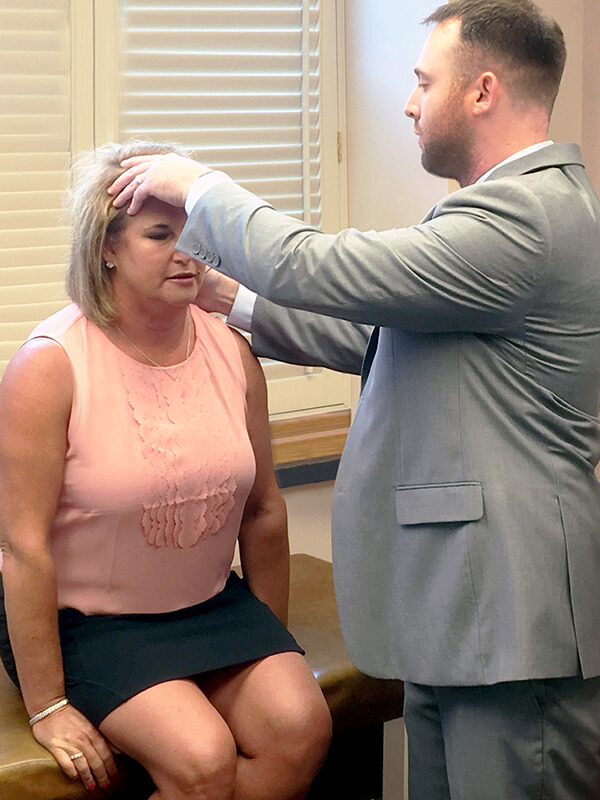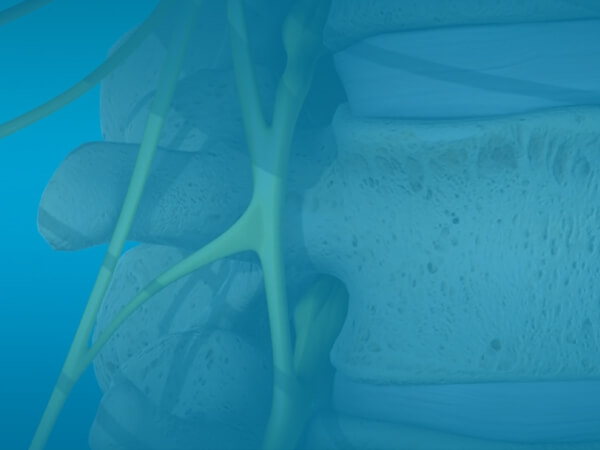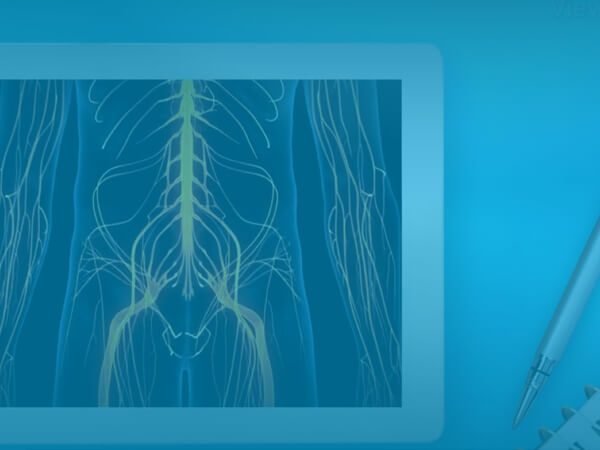What causes a pinched nerve?
Although your family medical history may play a role in your low back pain, most causes of pinched nerves, herniated discs, and sciatica—a lumbar radiculopathy with pain radiating down the legs—are environmental. Inflammation, trauma, or daily wear and tear can cause nerve compression in your spine. Risk factors include long drives, frequent lifting, being overweight, having multiple pregnancies, or simply a chronic cough.
How is a pinched nerve diagnosed?
Your doctor uses your symptoms, medical history, and a physical exam to make an initial diagnosis. Tests, such as x-rays or advanced diagnostics, may be used to rule out other conditions and confirm the diagnosis.
How is a pinched nerve treated?
Most of our lumbar radiculopathy patients feel better after relative rest and physical therapy. At OrthoNebraska, we develop individual treatment plans based on your health, lifestyle, and goals. Depending on your condition, we may recommend exercises, heat or ice, and medication to help you manage your pain as you improve.
We also use non-surgical technologies to treat back pain and help patients avoid surgery. In some cases, however, a lumbar radiculopathy diagnosis may require more intensive treatments or surgical solutions. Your care team will educate you on all available treatment options so you can make the best decision for your health.










